When your heart beats, it pumps blood through your body, delivering the oxygen and energy your cells need. As your blood travels, it pushes against the sides of the blood vessels. The strength of this pushing is your blood pressure. If the pressure is too high, it can strain your arteries and your heart, and this can lead to chest pain, heart attacks and strokes. If your heart can work less to pump the blood, your blood pressure decreases. Here are 16 ways to accomplish this naturally.
1. Regular Exercise
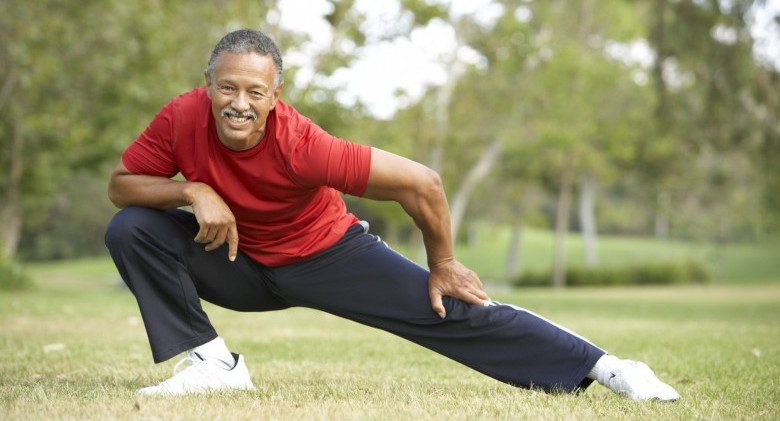
Exercise strengthens the heart, and a stronger heart can pump more blood with less effort. This puts less force on the arteries—and lowers the blood pressure. But the benefits of exercise last only as long as you continue to exercise, and it takes from one to three months of regular exercise for the effects to begin. Regular exercise can be walking, jogging, cycling, swimming, or dancing for 30 minutes a day.
2. Eat Healthy
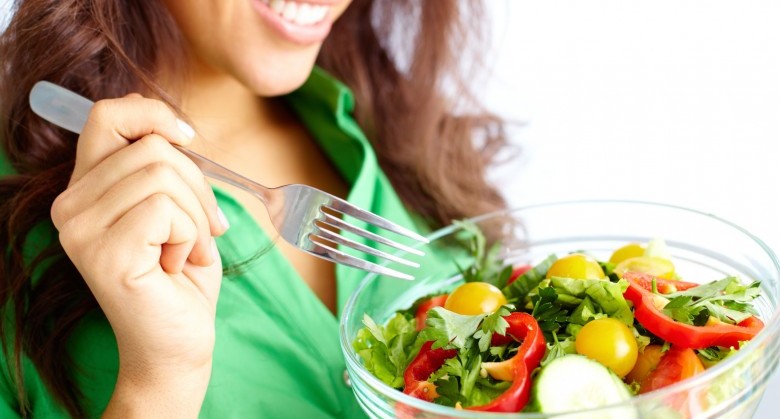
The correlation between what we eat and our blood pressure is so strong, the National Heart, Lung and Blood Institute promotes a special diet called DASH. It stands for Dietary Approaches to Stop Hypertension (high blood pressure). The diet encourages eating vegetables, fruit and low-fat dairy foods and moderate amounts of whole grains, fish, poultry and nuts. The idea is to eat delicious, everyday foods that inherently decrease your consumption of salt. So important is decreasing the amount of sodium you eat, it gets its own slide. Next page please…
3. Decrease Sodium Intake
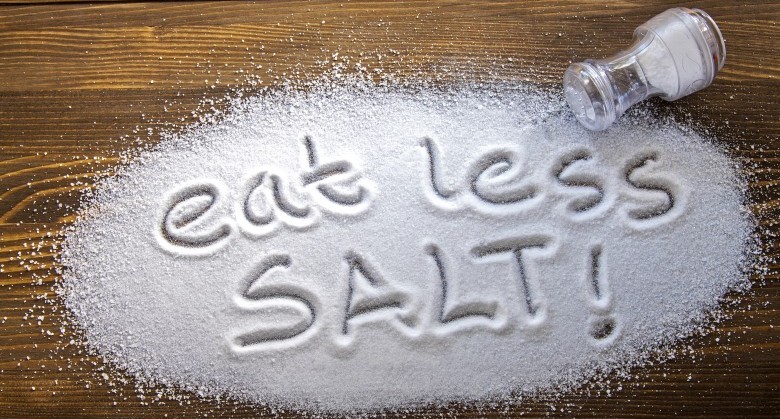
Eating too much sodium (a.k.a. salt) causes your body to hold on to more water. This extra water leads to extra strain on the inside walls of the arteries which causes them to get tougher…and thicker. This restricts blood flow and increases the pressure. Salt can also affect the arteries around the heart. If this happens, the result can be sharp chest pain (angina) and clogged or burst arteries.
4. Shrink The Waistline
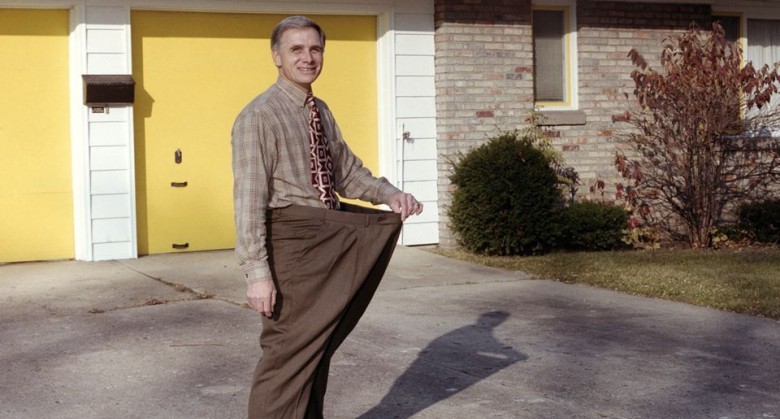
Losing weight and inches is one of the most effective ways you can control blood pressure. As weight increases, blood pressure usually follows suit. And too much weight around the waist can lead to a greater risk of high blood pressure, even while sleeping! One study showed that while they sleep, people who are overweight do not experience the dip in blood pressure that comes with sleep.
5. Limit Alcohol Consumption
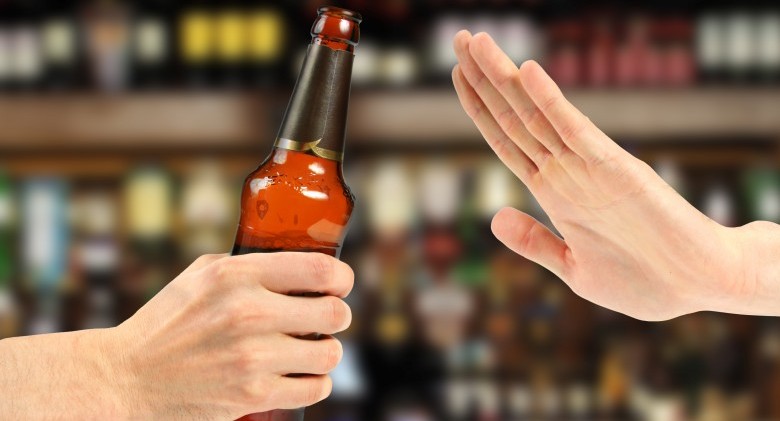
Alcohol, in small amounts, can be beneficial. However, too much alcohol brings with it a slew of problems, one of which is high blood pressure. What is “small” amounts? According to the Mayo Clinic, men over 65 and women of any age should not drink more than one drink each day. Men under 65 should limit their alcohol consumption to no more than two a day. Any more than that could lead to unhealthy hypertension.
6. Eliminate Smoking
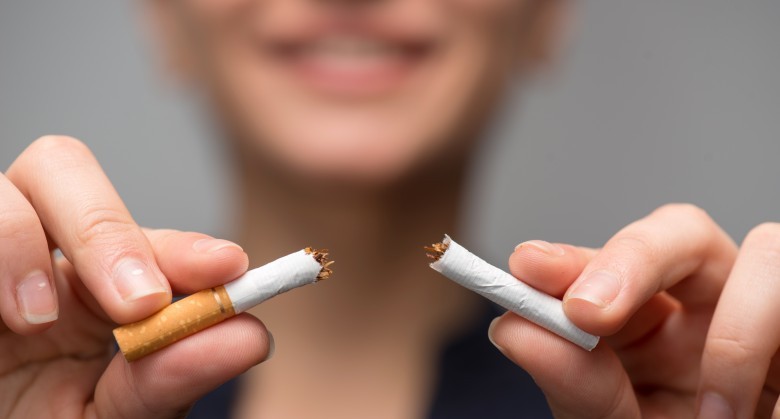
The nicotine in cigarette smoke raises the blood pressure and heart rate, and the effects can last for minutes after the last drag. This is true even after just one cigarette. Smoking hardens the artery walls and narrows the passageways for the blood, sometimes leading to dangerous blood clots. Not very pleasant.
7. Decrease Stress

If you’re always stressed, chances are, your blood pressure is going to be high. Your body reacts to stress by releasing hormones. These hormones cause your heart to beat faster and your arteries to narrow. This increases blood pressure. If you react to stress by eating unhealthy foods, drinking alcohol or smoking, these can cause your blood pressure to climb even higher. Find a way to decrease your stress or a place to decompress for a few minutes, but don’t stress about de-stressing!
8. Reduce Caffeine
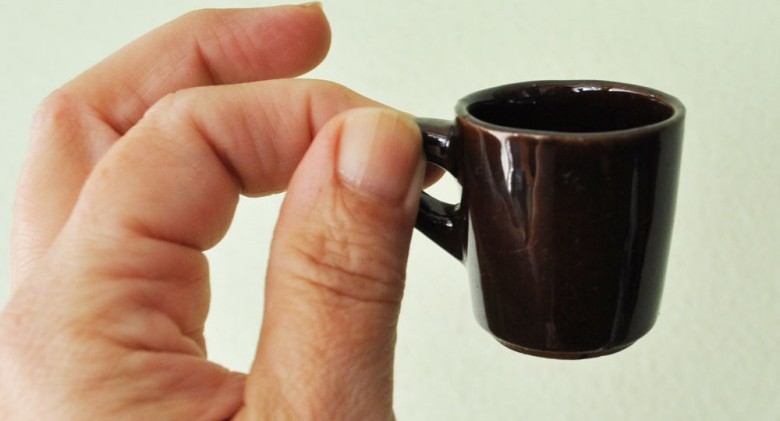
There is no conclusive evidence linking caffeine with high blood pressure, but caffeine does cause a spike in blood pressure after consuming it. Researchers are not sure why this happens. The occasional coffee drinker can expect elevated blood pressure after a cup of coffee or caffeinated tea. However, there is little to no strong effect for the habitual coffee drinker, probably because tolerance has been built up. Hmmm. Not sure if that should invoke pride.
9. Eat More Bananas

Studies show that eating two bananas a day can lower blood pressure by 10%. Why? It’s the potassium. Bananas pack a lot of this helpful mineral and it lessens the effect of salt. Don’t like bananas? Other potassium-rich foods include potatoes, spinach and avocados. Eating these hypertension-busting foods does not, however, give the go-ahead to pile on the salt!
10. Try TM
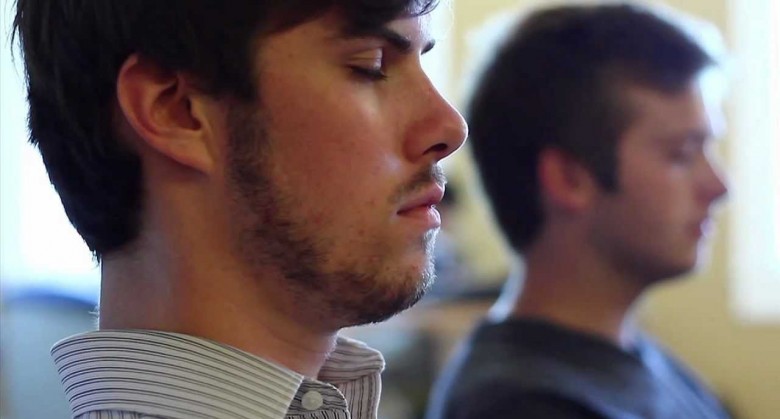
Transcendental Meditation (TM) has shown to be an effective meditation technique that has several health benefits, including lowering blood pressure. The National Institute of Health invested over $20 million to study the effects of TM. Research shows this twenty minute, twice-a-day technique can reduce high blood pressure. Perfect to practice on the way to work if you ride the train or the bus. (But not if you drive!)
11. Soak Up The Sun

For years, we’ve known the sun can help to lower blood pressure. A team of British researchers figured out why. Nitric oxide is stored in the top layers of skin, and when it reacts to sunlight, it causes blood vessels to widen as the oxygen moves into the bloodstream. This widening lowers blood pressure. Consider this your doctor’s note for your boss to get you out of the office to soak up some sun when the going gets tough.
12. Listen To Music
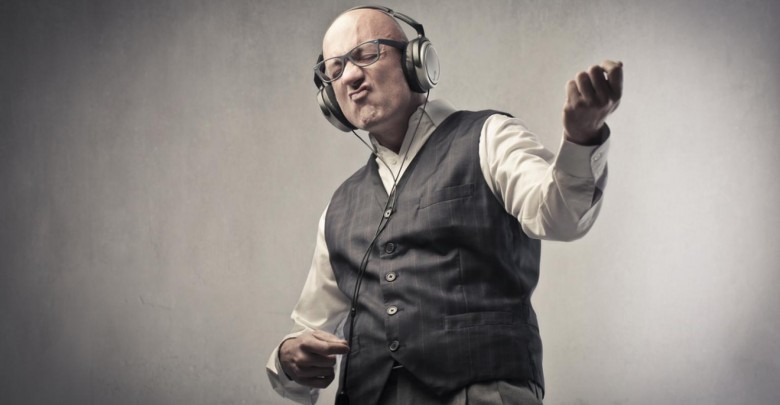
We can all attest to the ability of music to lower blood pressure. Right? Well, there’s a study to back this up. Researchers found that slow music lowered blood pressure while faster beats, like pop and rap, had the opposite effect. Some classical pieces had no effect while other slower pieces proved to decrease blood pressure. If you feel your pressure rising, pop in Beethoven and go for a walk!
13. Monitor Your Blood Pressure
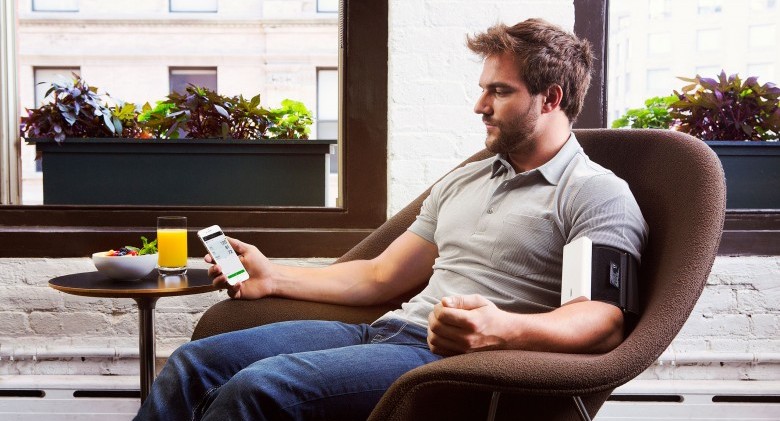
After you adopt some changes to control or lower your blood pressure, keeping tabs will help you make sure your changes are working. Or alert you if your pressure gets too high.
14. Volunteer

Adults who volunteer are 40% less likely to develop high blood pressure than adults who do not volunteer. This data is from a Carnegie Mellon University study. It specified that volunteers in the study lent a hand an average of four hours a week. How does this connect to blood pressure? One researcher stated that besides making healthy social connections, volunteers were given a new perspective on their own problems and that enabled them to cope in positive ways.
15. Find Support

If you have to make changes, appoint a friend or family member to help you implement or maintain your action plan. Support can come in the form of encouragement, weekly check-ins or assistance. If you don’t feel comfortable asking a friend or family member to take this role, find a support group. People tend to have greater success when there are others behind them.
[Featured image credit: www.hojedescobri.com]
